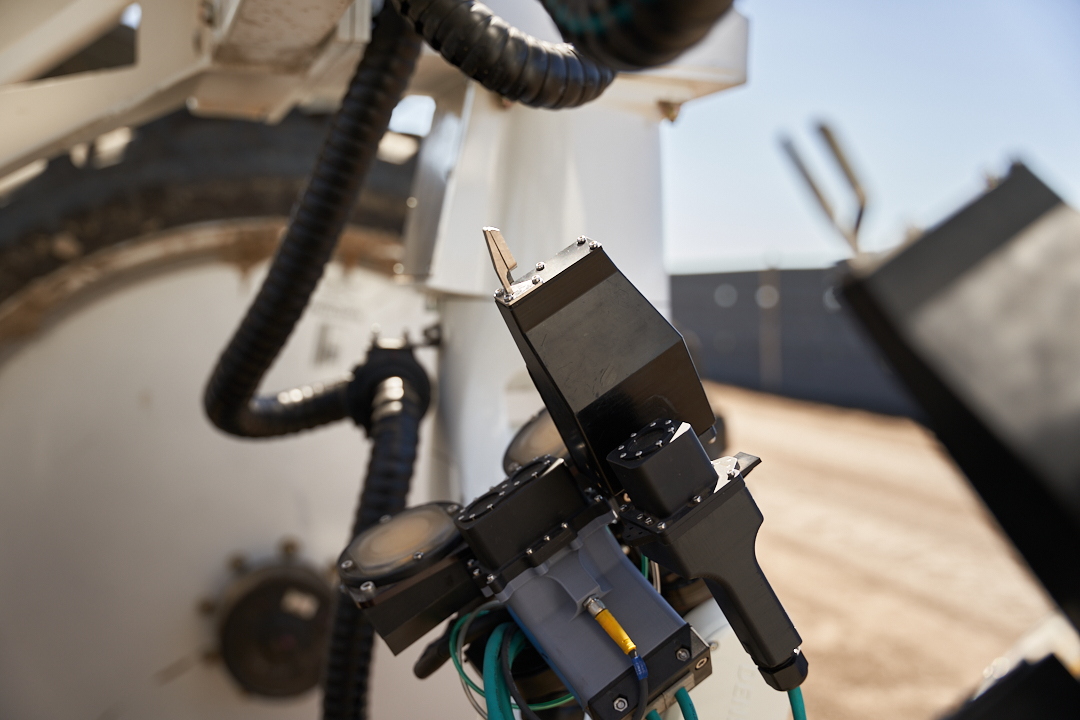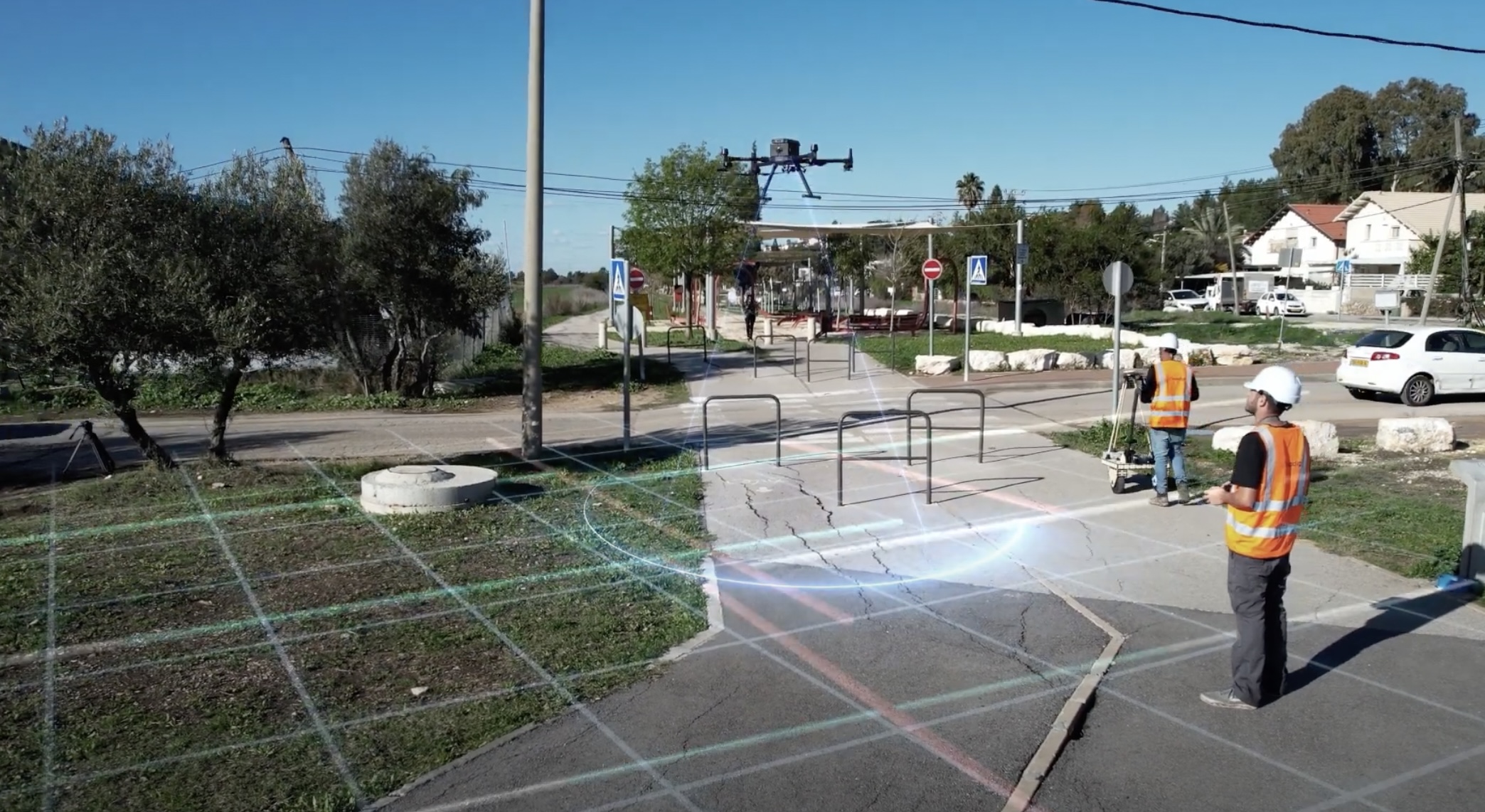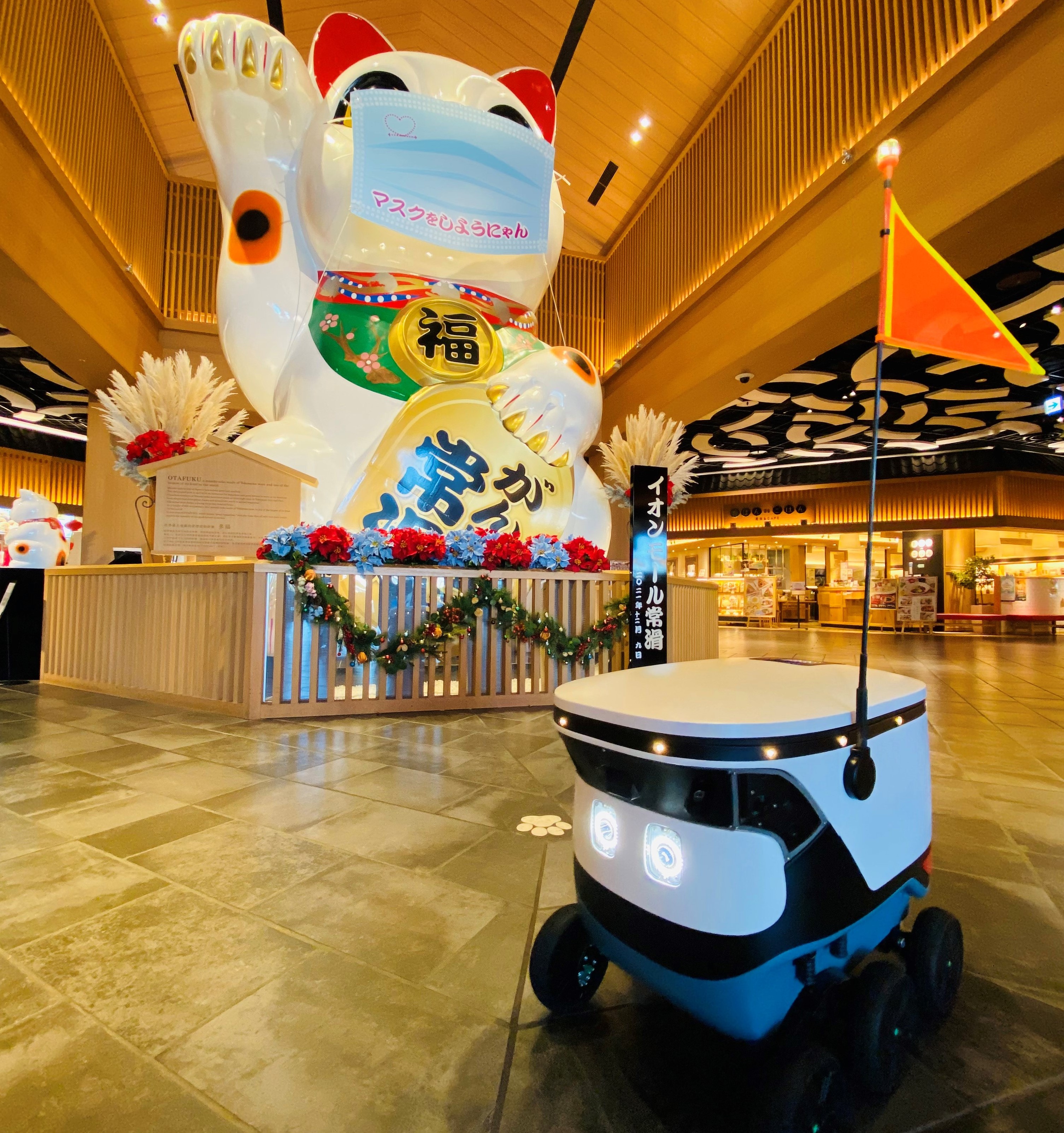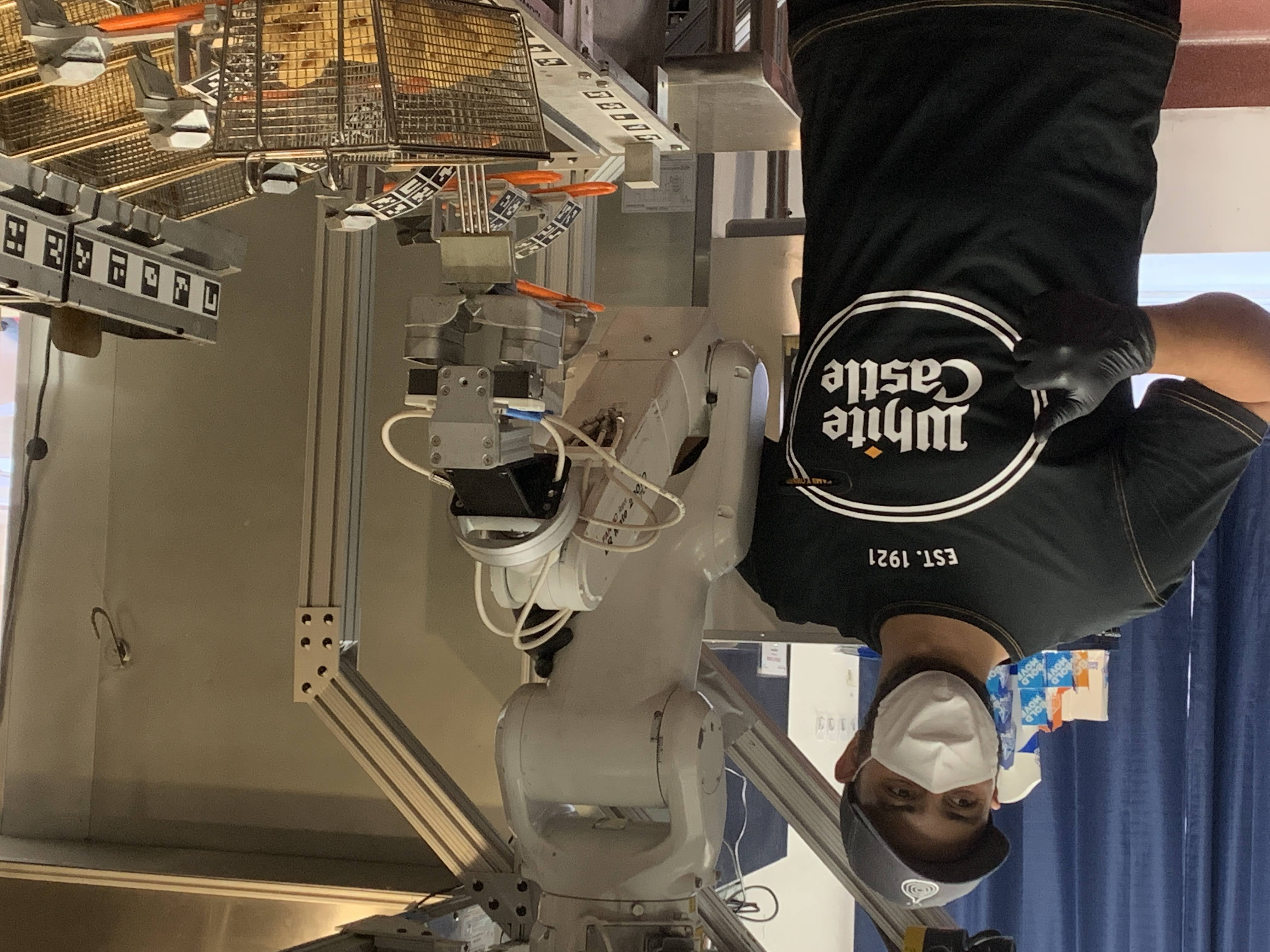No South by Southwest for me this year. No drinking weird promotional energy drinks while watching bands play front yards at 9 AM or traveling out of my way to see the Daniel Johnston mural on the side of the delightfully named but permanently closed Thai, How Are You? restaurant.
For a change of pace, I’ve decided to hole myself up in my apartment for the week, order take out and feel nostalgic for the series of minor inconveniences of air travel and just leaving my house, generally.
If you do, however, find yourself in Austin this year, you can catch the premier of More than Robots, directed by Gillian “Britta from Community” Jacobs at the film fest. For the rest of us pandemic shut-ins, the film hits Disney+ on March 18. The Lucasfilm-produced documentary focuses on the FIRST robotics competition, founded by Segway/iBOT inventor Dean Kamen way back in 1989.
This week, we’re kicking things off by interviewing Kamen about FIRST (For Inspiration and Recognition of Science and Technology) and the state of STEM education in the U.S.

Take me back to the beginning. What was the landscape like for robotic competitions in the U.S. when you founded the organization?
There was no landscape. There were no competitions. So, we’re done with that subject. […] It’s not about the robots. It’s never been about the robots. Even the tagline for FIRST is “more than robots.” Thirty years ago, when I started FIRST, it never occurred to me that my goal was to make it about the robots or a robot competition.
I don’t come up with the taglines, I’m not a marketing guy, but in order to get people to help me, I’d say to them, ‘we’re not using kids to build robots. We’re using robots to build kids!’ I need a way to compete with the world of sports. The academic world attracts a very small number of people to science, technology and engineering, and typically our culture has mastered the fact that only special, geeky, nerd people can or would like to do math or science.
[…]Thirty years ago, when I started FIRST, it was very simple. I’m not looking to give advantage to the advantaged by finding a new, better way to make a science fair that already attracts the smart kids to make an even bigger gap than the haves and the have nots as technology makes it easier to make more power, more wealth, more capability, leaving everybody further behind. I had exactly the opposite goal. I was afraid that what is now happening would happen, which is, we’re going to have two classes of people: the people who understand how to use the power of technology and will be on that ever-accelerating bus and there will be everyone else that’s under that bus.
Another connection with sports is results. You make a thing and it either works or it doesn’t.
Yep. And the kids have nobody to blame, and if it works, they can strut around and be proud. The laws of physics are pretty neat, and kids — no matter what their background — when they start playing with technology, there are no loopholes. Mother nature is undefeated. You can get around every law we make in our society. But the laws of nature are subtle, but they’re fair, elegant and self-consistent. Kids that come through FIRST start to appreciate the laws of nature and the power of analytical thinking. That’s why we do it.
You feel the education gap has only widened in the last 30 years?
We have dramatically narrowed the gap for all the kids in FIRST programs. Something like 30% of these kids are women, 50% come from Title One schools. We really are successfully going after the right kids to make the biggest difference in their lives. But, the background, everything that I was fearing was happening in our society, the wealth going more and more to those that are the haves and are using technology as a weapon, not as a tool, all of that has, sadly, become a real potential to undermine our whole society. When I first promoted FIRST, it was to be the prevention from that. Now I think it’s the antidote to that. It’s happened, and we’ve got to fix it.
FIRST and programs like it are extracurricular. Is there something that can be done to integrate it more directly into the classroom?
If there’s a place I would give myself a C- or maybe a D, it’s that when I started FIRST, I got almost all of it right. Make it aspirational, make it after school, make it like every other sport they do — keep it out of the classroom! The keep it out of the classroom was probably an unnecessary, self-inflicted wound. What I’ve come to realize is, while only a few kids play on the varsity football or basketball team, every kid in school gets to go to gym class and play a little baseball, a little basketball, a little football and get familiar with it.
[…]At the same time we started making it this great, aspirational, after-school fun thing, we should have at least made it available to get a taste of it in the classroom and we didn’t immediately start doing that.
[Editor’s note: FIRST now offers an educational curriculum for in-class learning.]
Something a lot of people discuss around robotics and automation is the eventual job loss of blue-collar work.
That’s nonsense.
Is there more that can be done to educate and prepare that workforce?
I would ask somebody to find me a single example of a new technology that ended up creating fewer jobs and lesser jobs in terms of enjoyment and pay them. People take a snapshot and think the world is a zero sum game. At some point, there were ditch diggers and you could make a hole to build a house and make a road. It would take a hundred people to make a hole big enough for a house and 10,000 people this long to make a road to go to town and then the bulldozer was invented.
One person might say one bulldozer is going to do the work of 1,000 people with shovels, so a bulldozer is going to put 1,000 people out of work. Well, that would be true if you still needed one short road that went from place to place. But wait, a minute! Now that we have bulldozers, we can build super highways that cross North America in a couple of years. We will more than multiply the opportunity for this. It’s not going to simply replace what we used to do with literally backbreaking work.
There’s the long term and the short term. There will be a job displacement. In your scenario, people who dig ditches don’t necessarily know how to drive a bulldozer. Is there something we can do to accelerate the adoption of higher-tech jobs?
You know what we should do? We should create an organization that gives all these people the opportunity break down their unnecessary fear of technology. We should get kids into it, and then their parents, their teachers and corporate people could all participate.
What would you call this organization?
I think “FIRST,” For Inspiration and Recognition in Science and Technology. And then maybe we can put generations together in a fun environment that’s non-threatening. I thought it would be adults like engineers and scientists inspiring kids, but having now seen it work, I realize it’s actually kids that are inspiring adults and the teachers and the parents and the corporate leaders.

In the conversations around agtech robotics, I don’t think vertical farming gets mentioned enough. I suppose it’s because it’s a bit of niche of a niche at the moment, compared to the world of more traditional farming. But every vertical farming outfit I’ve spoken with (and I’ve spoken with a lot in recent years) has told me that robotics are an integral part of their plans.
It makes sense. Vertically stacked produce is a bit tough for humans to navigate and monitor. Computer vision systems and robotic pickers, on the other hand, can thrive in these environments. Even so, Bowery Farming’s acquisition of former Disrupt Battlefield competitor Traptic was something of a surprise. Specifically because it represents a pivot for the Bay Area-based startup, which has thus far focused on strawberry-picking systems for the field.
“As of today, Traptic’s technology will be exclusive to Bowery’s network of smart indoor farms,” Traptic co-founder and CEO Lewis Anderson told me. “We developed our technology to operate in a harsh, outdoor farm environment, and it’s going to work even better indoors. Bowery will be the first indoor farming company to use that Traptic technology.”
Traptic’s move away from the field comes at an interesting time for agtech robotics. The interest is certainly there, with farms all over the U.S. dealing with labor shortages. It follows Abundant’s fizzling out and subsequent (well, forthcoming) relaunch under new ownership. The opportunity is certainly there for the right company. Of course, vertical farming is another exciting category, so it should be a fascinating new home for the Traptic team.

There was a big funding round for Tel Aviv-based Exodigo this week. The firm utilizes drone- or cart-mounted sensors to map subterranean areas for things like construction, mining and utilities.
“Ending the era of blind digs, Exodigo gives companies an accurate, easy-to-understand map of what lies beneath the surface – empowering their teams to save time, money and lives,” co-founder and CEO Jeremy Suard said in a release. “Think of it like combining the scanning power of an MRI, CT scan and ultrasound all into one image of what is beneath the ground.”
Exodigo announced a $29 million seed (!) round this morning. The funding will go toward piloting its technology in states like California, Florida and Texas.

If sidewalk robots are your thing, Rebecca’s got a conversation with Cartken co-founder and COO Anjali Jindal Naik, which details the beginnings of the young company and some of her broader thoughts on the state of last-mile delivery:
We definitely use our operators in early deployments and for mapping areas as well, and that just helps us deploy faster. It’s one of those things where we can drop a robot today in an area and operate tomorrow. We can do those things very quickly, and, in parallel, scale the autonomy to start off driving, move it in a semi-autonomous way, and move it to a fully autonomous state by having operators do that for us.

Following its recent launch of an equity crowdfunded Series E, Miso Robotics this week announced a dramatic expansion of its partnership with White Castle. The deal will bring its Flippy 2 hamburger cooking robotic arm to 100 locations.

Congrats, you’ve read all 1,800 words this weekly. It’s clearly time to subscribe to this free weekly robotics newsletter.






























Comment